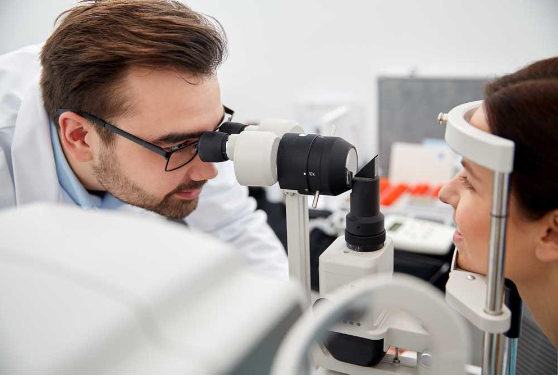Many people might not realize how important it is to have your eyes screened regularly. However, there are a few reasons why eye screenings are so important. Learn more about the different types of eye screenings and what they are used for in this blog article!
Introduction to Eye Screenings
Are you thinking about getting an eye screening? Whether you’re concerned about your own health or that of a loved one, there are many benefits to having an eye screening. In this blog post, we’ll outline everything you need to know about eye screenings and how they can benefit you.
What is an Eye Screening?
Organizations like the American Academy of Ophthalmology (AAO) and the American College of Physicians recommend annual eye screenings for people aged 50 and older. These screenings can help identify potential health problems, such as glaucoma and macular degeneration, that can lead to vision loss. What are the benefits of an annual eye screening?
Screening for eye health problems can save your vision. If you have an eye problem, early treatment may help keep your vision stable or even improve it. Screening can also help identify potential health problems that may not show up until later in life when they could lead to more serious vision problems. How do I get an annual eye screening?
How Does an Eye Screening Work?
An eye screening test is a simple test that can help identify potential problems with your eyes. An ophthalmologist will use a specialized lens and an electronic monitor to take pictures of your eyes. This information can help the doctor find any health problems that may be affecting your vision.
What Can I Expect From My Eye Screens?
If you’re like most people, your first thought when it comes to your eyes is “what can I see?” But before you worry too much, it’s important to know that eye exam are an important part of your overall health. A regular eye exam can help identify problems early and get them fixed, which can make you feel better both physically and emotionally.
-An eye exam consists of a series of tests to measure how well your eyes are working and check for any potential problems. These tests include a visual acuity test, which measures how well you see at different distances, and a corneal thickness test, which checks for signs of keratoconus or other eye disorders.
-Your optometrist may also prescribe eyeglasses or contact lenses based on the results of your screening. If you have problems with your vision, don’t wait to see if they improve; get treatment right away so you can see clearly again!
Who Should Get An Eye Screening?
Everyone over the age of 18 should have an annual eye screening. This includes everyone who has a job that may require them to look at things close up, as well as people who participate in any kind of physical activity, such as playing sports or working out.
It’s important to get your eyes screened because even small changes in your eye health can lead to major problems down the road. For instance, if you have diabetes, your eyes may be affected by the disease and may not be able to tolerate the high blood sugar levels that often accompany it. If you’re overweight, your eyes might also be affected by the extra weight, and you could develop diabetes or other serious health conditions as a result.
Conclusion
If you’re like most people, you probably don’t think much about your eyes. But if something goes wrong with your vision, you’ll want to know about it as soon as possible. That’s why it’s important to have regular eye screenings. You can get screenings at your doctor’s office or through a health insurance company. There are a few things you need to know about eye screenings.
























